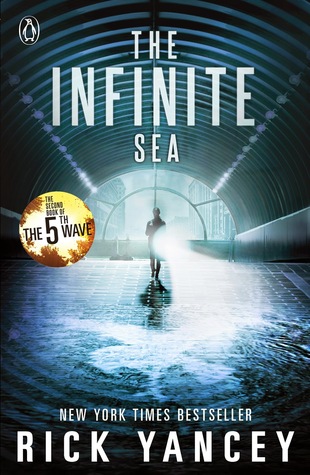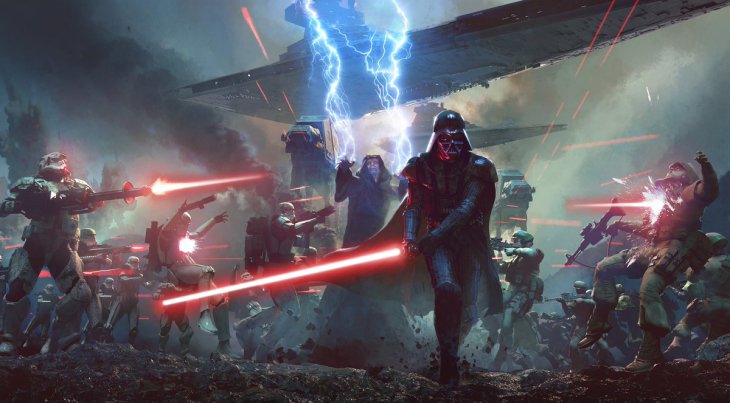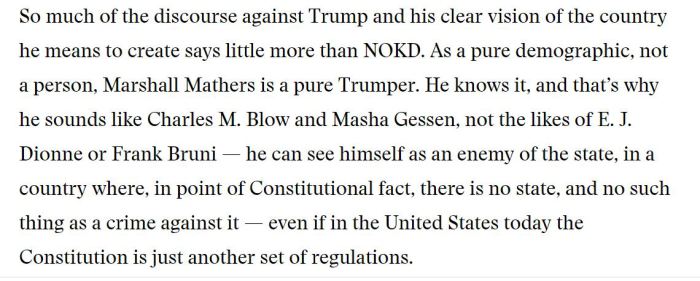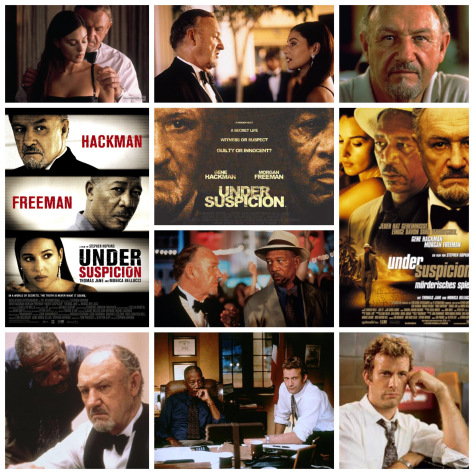I write a bi-monthly review column for Flagstaff Live called “Words That Work.” This is a reprint of my June column. It ran on June 15, 2017. You can read the original here.
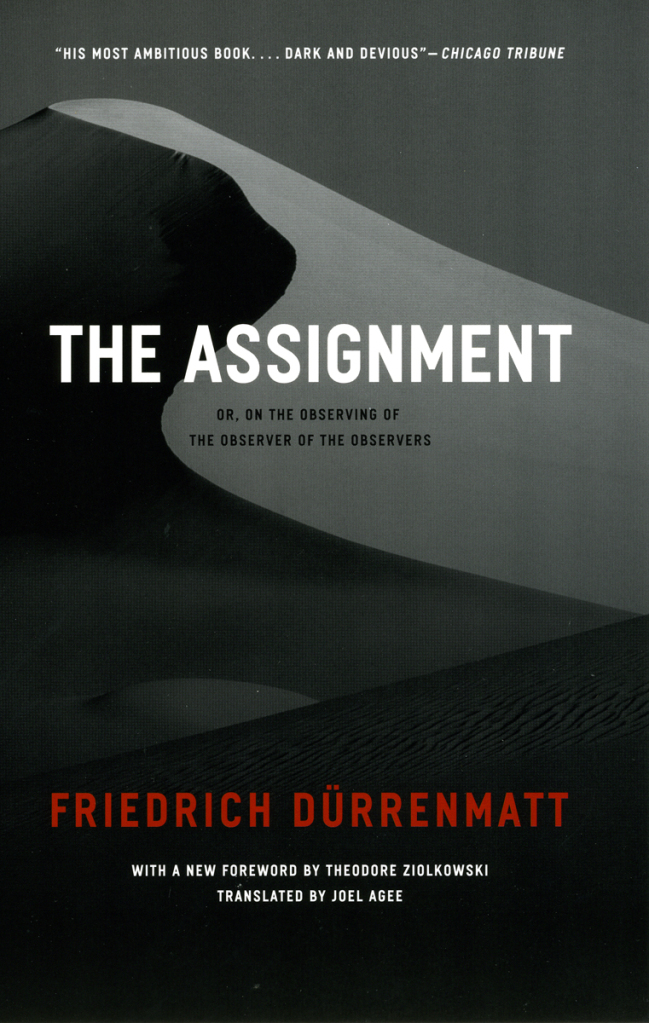 A few months ago, the US dropped something called the Mother of All Bombs on Afghanistan. It created an explosion the size of a small nuclear weapon, killed 94 members of ISIS and a handful of civilians who had the misfortune of being ISIS-adjacent, and made it through one quick news cycle during which most Americans responded by saying, “Wait. You mean we’re still at war in Afghanistan?” Yes. We are.
A few months ago, the US dropped something called the Mother of All Bombs on Afghanistan. It created an explosion the size of a small nuclear weapon, killed 94 members of ISIS and a handful of civilians who had the misfortune of being ISIS-adjacent, and made it through one quick news cycle during which most Americans responded by saying, “Wait. You mean we’re still at war in Afghanistan?” Yes. We are.
Shortly after that, the presidential budget came out with cuts to everything we love and a large increase to the military budget, which is already up around $600 billion and larger than the next 12 largest military budgets combined. All of this leads to a question that doesn’t get asked nearly enough: if we’re spending this much money building weapons and armies every year, don’t we have to do something with them? In other words, if we have this many people’s livelihoods based on warfare, don’t we have to generate warfare?
I don’t know the answer to that question. I’m just here to review books, and works of fiction, at that. Still, works of fiction are the places where we can take on these larger, somewhat philosophical questions. And fiction’s response to my questions about the Mother of All Bombs and military budgets lies in Friedrich Dürrenmatt’s The Assignment.
The Assignment begins with the murder of an internationally-known terrorism expert’s wife. The terrorism expert flies her body, in its coffin dangling from a helicopter, from the North African country where she was murdered and raped to Switzerland. The coffin is dropped into the ground straight from the helicopter as part of a spectacular funeral. Documentary filmmaker F. films the whole affair. After the funeral, the terrorism expert offers to hire F. and her crew to go to North Africa and document their investigation into his wife’s murder and rape. F., despite her best judgment, agrees.
Once F. gets to Africa (the specific country is never mentioned, but any of the five nations that border the Mediterranean will do), she realizes that she’s in way over her head. First, she is ushered by the chief of police through a performance of the investigation. At no point does F. think the police chief is actually investigating the murder. Instead, he’s using her film crew to produce the impression that the police have done everything they can. Second, she’s enlisted by the head of the secret service, who is at war with the police chief because the police chief wants to lead a military coup. And from there, F. is just a pawn shuffled across a desert chess board.
The investigation into the murder never takes a back seat in the novel, but the murder itself pales in comparison to all the other mischief that power brokers are engaging in. F. struggles to understand her role and why she continues to play the game, all the while getting more entangled. Along the way, she meets a war photographer who maybe wants to kill her, but at least takes the time to explain to her what she’s gotten into. He tells her that this North African nation’s “principal source of revenue was a war with a neighboring country…a war that had been creeping along for ten years now and no longer served any purpose except to test the products of all the weapons-exporting countries.” He goes on to say that, “since the stability of the market depended on weapons exports, provided these weapons were truly competitive, real wars were constantly breaking out.” For the war photographer, wars like the one currently raging in Iraq and in this North African desert, exist solely to keep the military industrial complex running. Everything F. has seen proves this point.
The heartbreaking and ironic thing about reading The Assignment in 2017 is realizing that it was written 31 years ago. One of the wars Dürrenmatt criticizes is the Iran/Iraq conflict, in which Reagan’s Special Envoy to the Middle East, Donald Rumsfeld, helped bolster the power of a little-known autocrat named Saddam Hussein. Part of the deal brokered between Rumsfeld and Hussein was a cooperation agreement to limit the military might of Syria. Of course, at the same time, the US was selling weapons to Hussein’s enemy in Iran so that the US could fund the Contras in Nicaragua.
Three decades later, only the names have changed. This is why Dürrenmatt—a Swiss author who wrote mostly during the mid-twentieth century and died in 1990—is still so relevant today. His novels transcend the immediate and explore the larger frameworks of how society operates. The Assignment goes beyond that, beginning with a Kierkegaard epigraph and folding Kierkegaard’s views of the abyss into the plot. It’s a novel that is as thrilling as it is deep.
Someone at the University of Chicago Press has seen fit to bring several of Dürrenmatt’s works back into print. Whoever it is, we all owe this person a debt of gratitude. I recommend any and all of Dürrenmatt’s books, but definitely start with The Assignment.
Share this:
